Your 'Real' Camera Is Done — It Just Hasn’t Realised It Yet
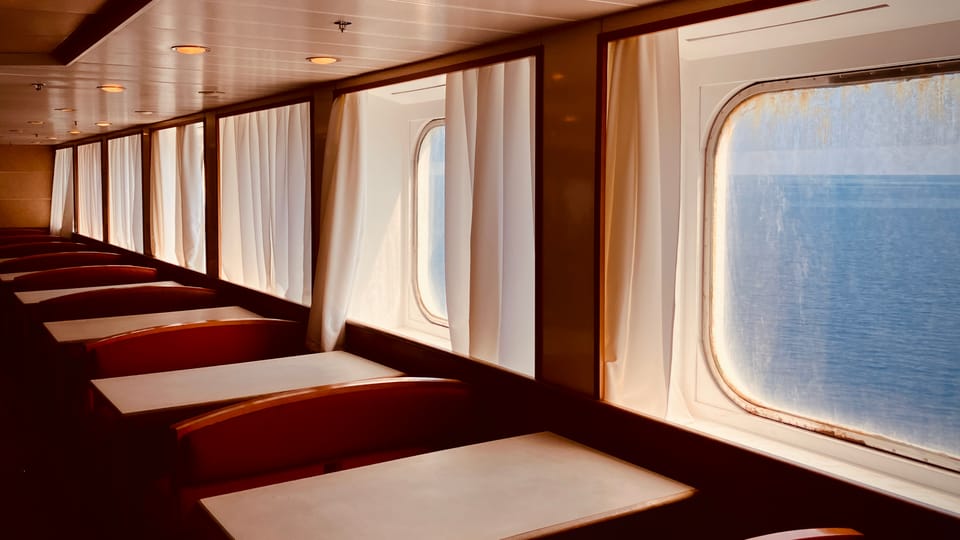
It was the mid-2000s, and I was that guy—the one pretending to be a photographer. Back then, that meant lugging around an insanely expensive (for its time) 6MP Canon DSLR, along with every accessory I could afford. I had all the fancy lenses, the flashes, the massive Lowepro bag (as if I were heading out on a National Geographic assignment to some remote corner of the planet), and, of course, I shot everything in RAW—even though there weren’t any decent RAW converters available at the time. I think I used BreezeBrowser.
Then, in 2005, came the devout transformation. It was the year I discovered Leica, and I just couldn't resist. I had to have one. I sold off all my Canon gear and drained my savings to buy a brand-new Leica MP with a 35mm Summicron. I ordered it from a seller named “Poon” in Hong Kong, and just like that—for just US$3,700, shipping included from HK—everything changed. Or so I thought.
Yes, I was now a film photographer! I was that artsy guy who looked down on anyone with the audacity to shoot digital. But deep down, as time went by—and as the shine (certainly not the brass) of the Leica wore off metaphorically—my struggles with film became real, and I started to see reality for what it was. I remembered again why I had chosen digital in the first place: it was faster, easier to work with, and—even in 2005—the image quality was arguably better.
Film Photography For The Sake Of Film Photography
Still, I held on. I stuck to film almost religiously. Until probably 2013, I was a film-only shooter—whatever value that implies—amassing hundreds of negatives, binders full of them. But here was the problem: I had the best 35mm camera in the world, paired with arguably the best lens ever made—and yet, I had no photos to show for it.
Sure, I loved using that Leica (and honestly, who doesn’t love holding a piece of precision-engineered German brass, metal, and glass in their hands?). But as much as I loved taking photos with it, I hated everything that came after. The developing. The scanning. The printing. It was an insane ritual—and for what? Just to make a photo?
I resisted for a few more months but eventually, I came to my final conclusion: the Leica had to go.
And so it went—off to meet its next owner on eBay. I cashed in and picked up a Ricoh GR. That little camera—compact and unassuming—was a revelation. The lens could rival the Summicron in every way, and suddenly, I was back in digital, right where it all started in 2004.
As of this writing, I mostly use a Canon EOS RP and a small Lumix Micro 4/3. They’re great cameras—lightweight, capable, versatile. But I think I’m at a crossing point again. There's another moment of devout transformation brewing and this time it's not about Leica.
Make Art With Simple Means
A few weeks ago, I came across this quote by Daido Moriyama:
"You can write the most beautiful poem with a crayon. You don't need an expensive pen.”
That really hit me—because Moriyama said it perfectly. And you can apply that statement directly to photography as well. Photography was never about the camera, the megapixels, or the romanticism of film. Just like a painting by Caravaggio, Monet, or Van Gogh was never about the paintbrushes they used—that would be absurd, right?
Despite the persistent belief that the camera is what truly matters in photography, there are entire communities of photographers who couldn’t care less about it. What they care about is getting the best shot—and to do that, they’re simply using their phones.
I’m talking about people like Luisa Dörr, who shot beautiful portraits with just an iPhone and a reflector—portraits that ended up on the cover of Time Magazine. I’m talking about people like Stephen Shore, who rediscovered the joy of photography because of his iPhone. And I’m also talking about myself: that guy who found himself on a ship in the middle of the Mediterranean last year, taking photos with an iPhone because he'd forgotten to bring his real camera.
And you know what? I love the iPhone work of Luisa Dörr and Stephen Shore. And I loved the photos I took myself. I’d even go as far as to say they were the better photos I took on that trip.
But Why Use a Phone for Serious Photography?
For me it's the incredible ease of use and the freedom a phone provides. It’s always with you. It’s both power and constraint in one. Adequate for most situations, but not all—forcing you to think creatively. It does exactly what you ask without pretending to be something it’s not. It gives you the speed to capture a story and share it with the world in seconds, if you choose to.
In some weird way, our phones are everything we could ever wish for in a photographic tool.
Yet we hold on—to our big, expensive digital cameras, our film fetish, our scanning workflows. To each their own, but I believe all we really need to do is to see. All we really need is to tell a story. And to do that, even the cheapest phone is more than capable these days.
So here's my hope: that we may all write our poems with crayons. That we may paint our paintings with the cheapest brushes. And that we may do that because we have something to say, not just something to show. You don't need a real camera. That argument is already gone—it just hasn’t realised it yet.
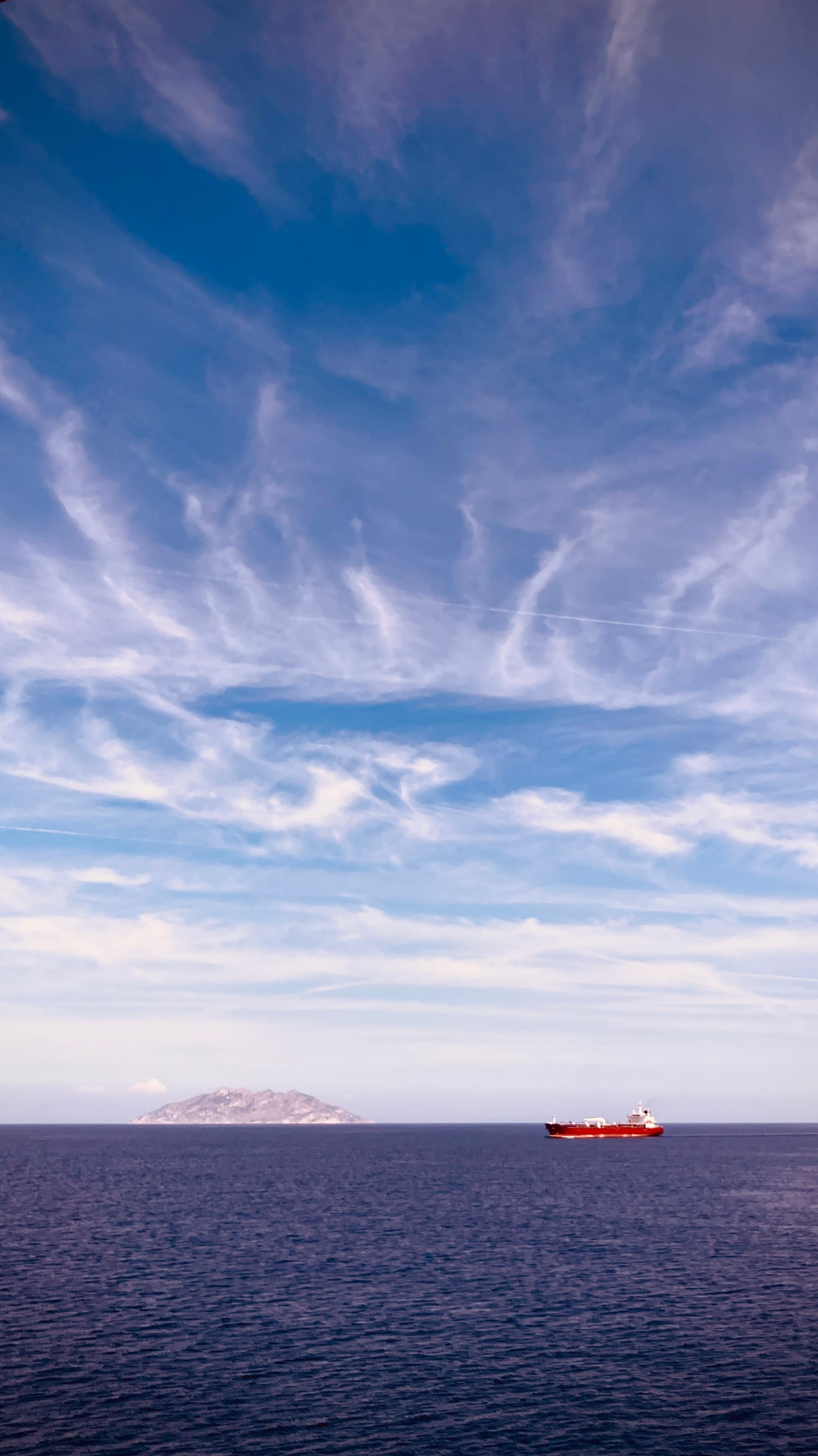
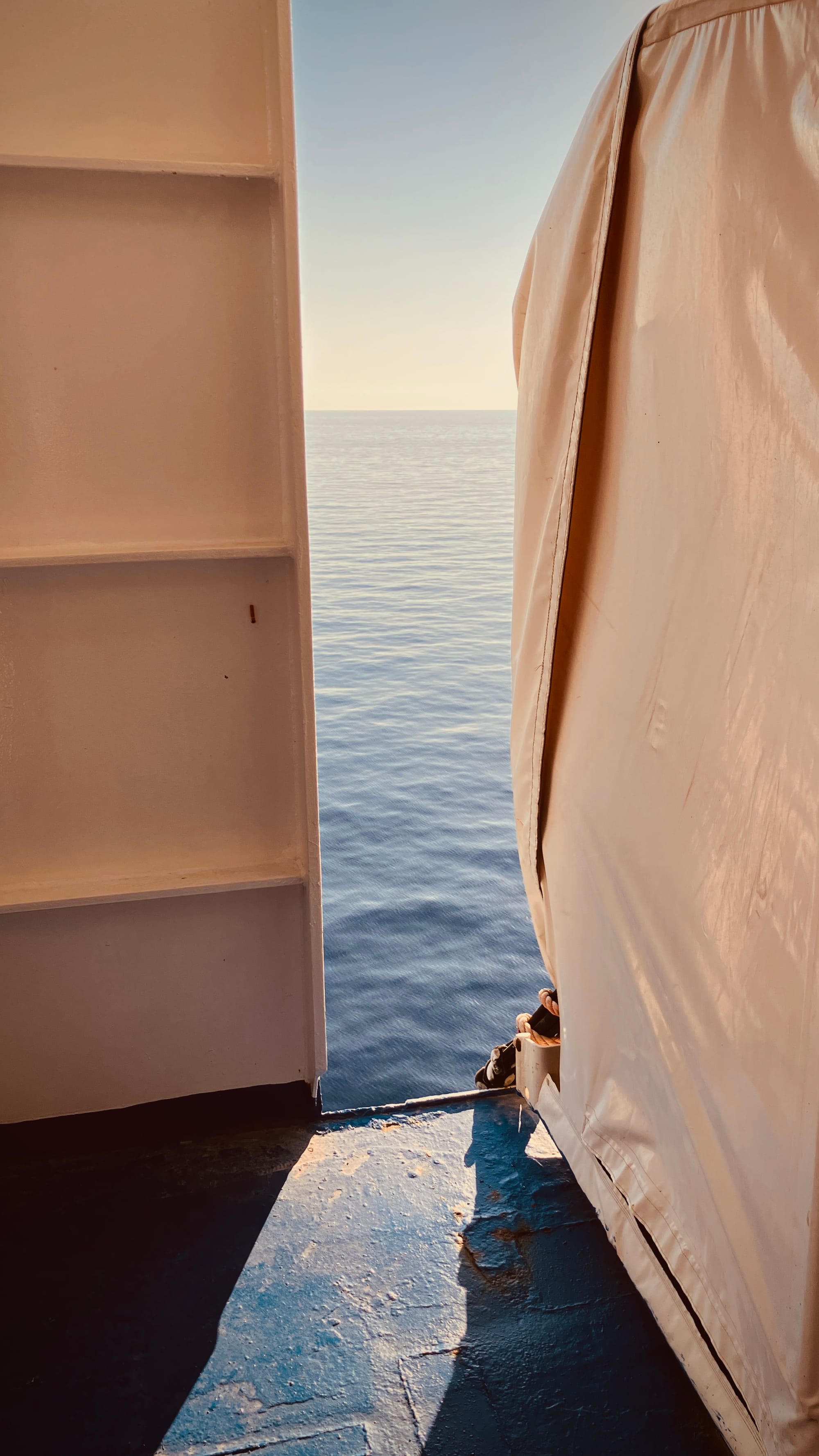
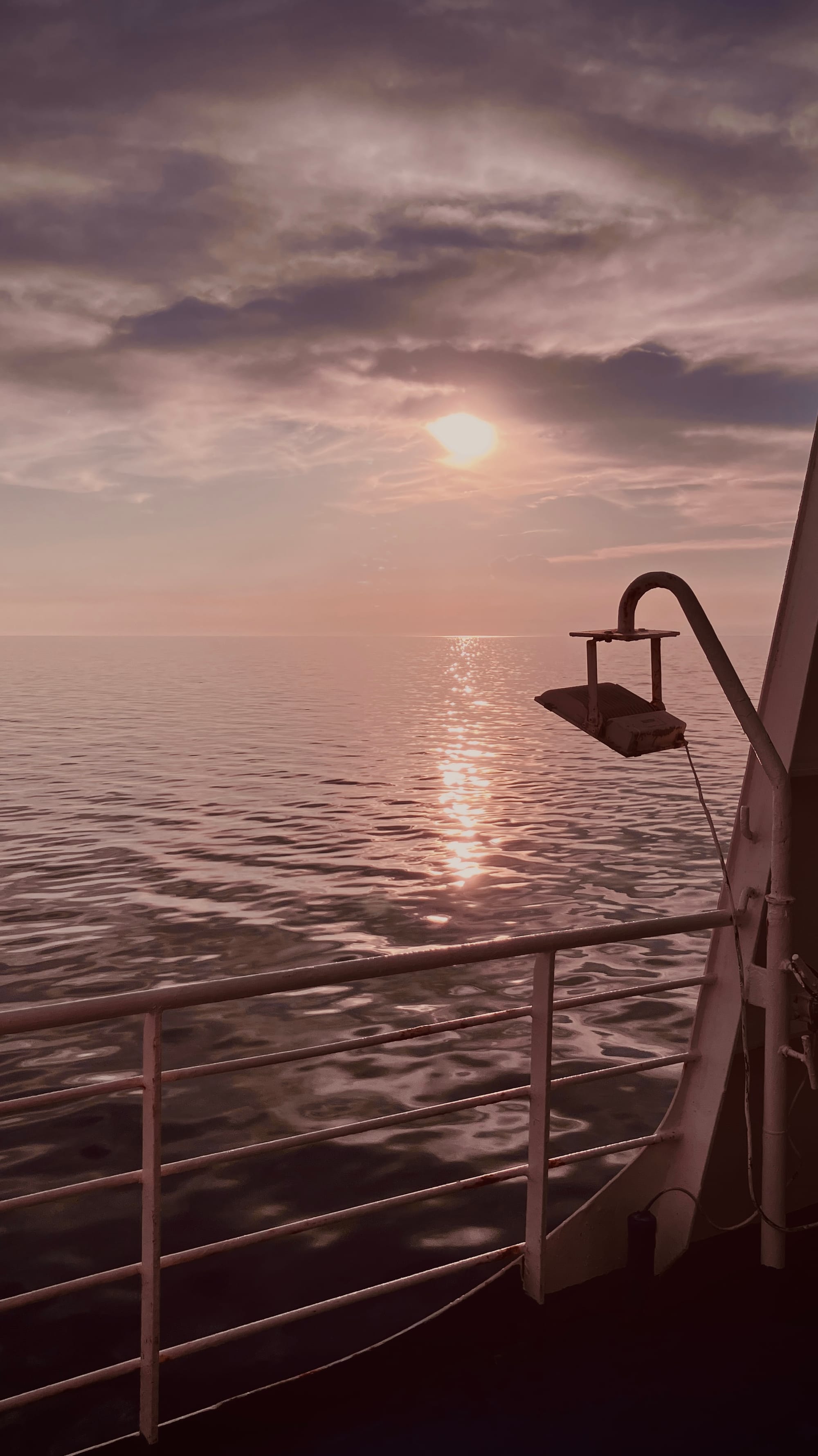
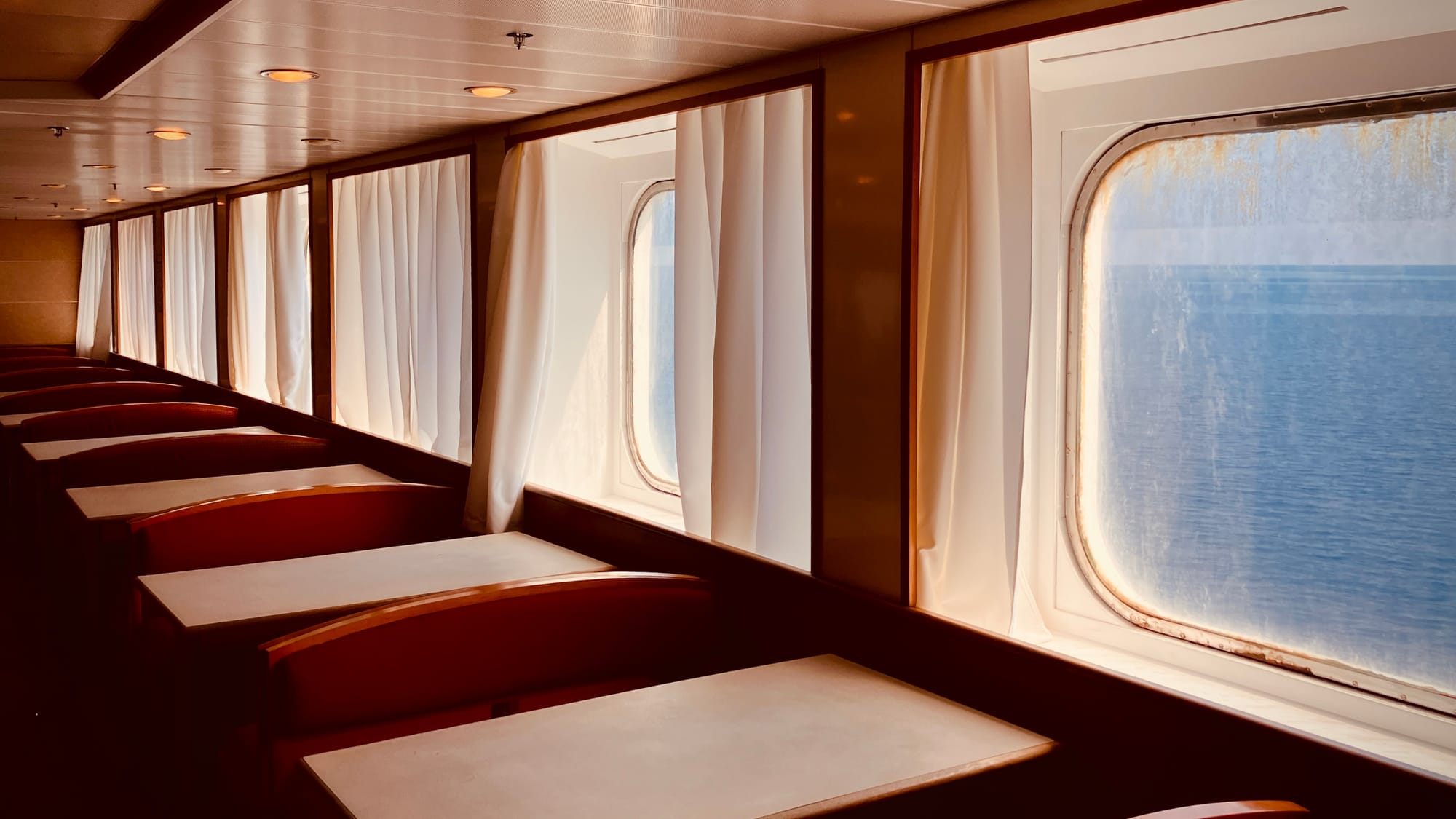
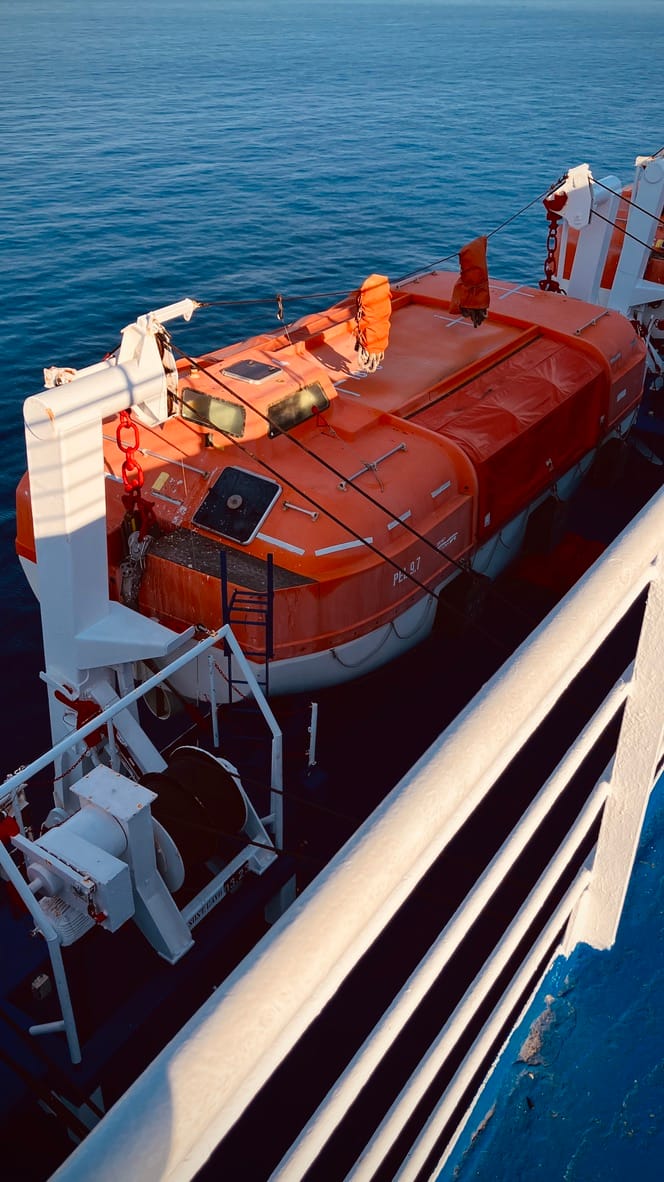
🙏🏻 Thank You for Reading!
Do you enjoy this kind of content? Subscribe to my free weekly newsletter below, and you'll get the next edition of Photographer's World Weekly—packed with inspiring stories, great photography, and creative insights straight to your inbox every Sunday!
Be Featured Here
Do you have a good story to tell, or would you like to be featured as a photographer, please visit my submissions page. Have a question? Feel free to reach out —I personally respond to every email.
Support FassKraft
FassKraft is a passion project that I work on in my spare time, alongside a family and a full-time job. Creating, editing, curating, and managing the website requires a significant investment of time. If you'd like to support my efforts, please use the button below. Thank you so much for your support!



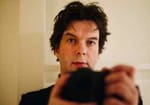
Comments ()